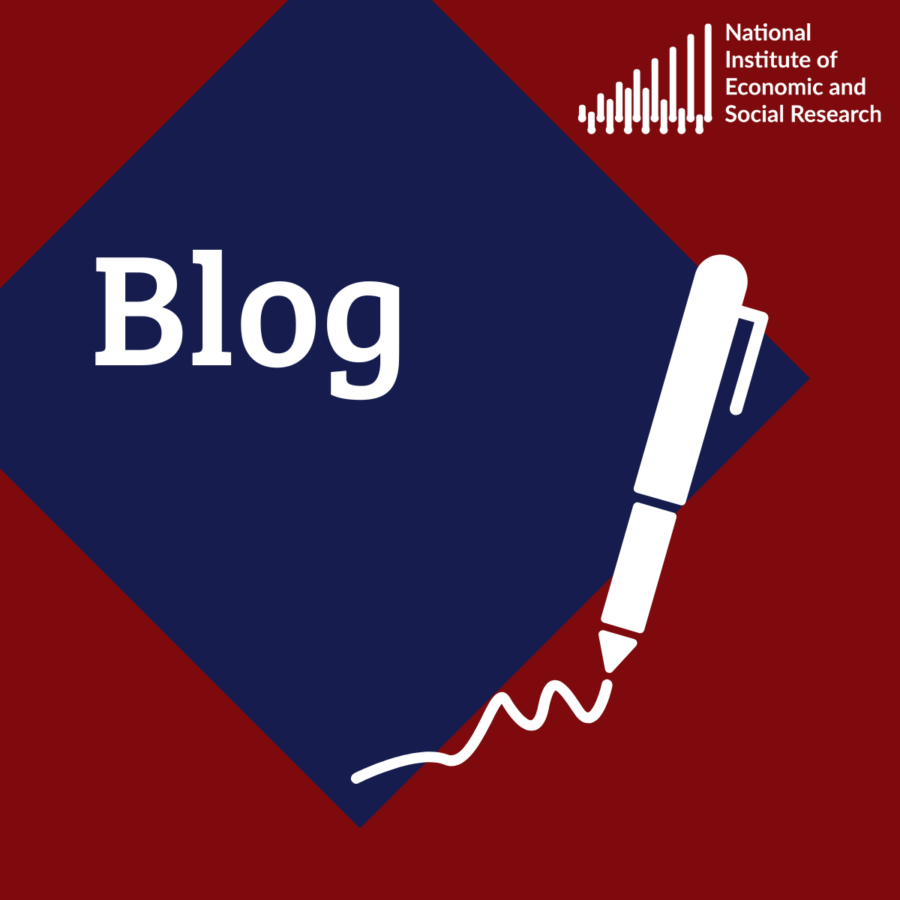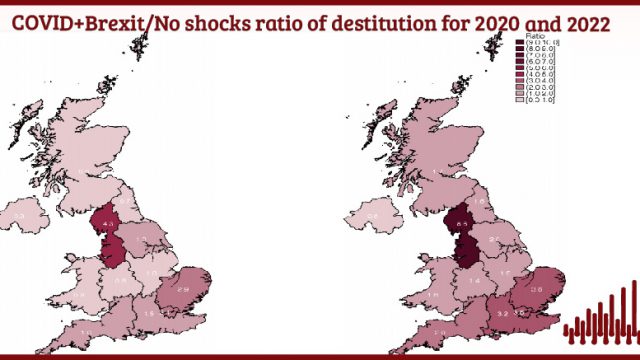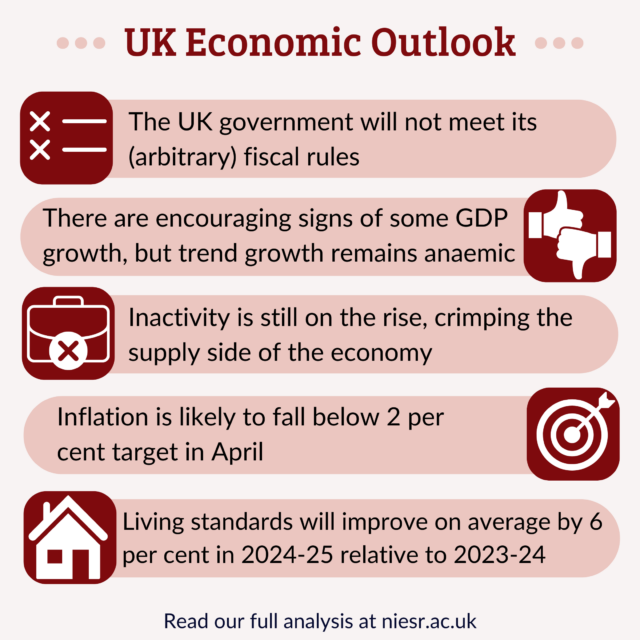Scotland’s currency choices: a monetary union?
“International monetary regimes have been born at a conference table and laid to rest in foreign exchange markets”[2]
Currencies are national emblems, but the choice of currency regime governs the basis of monetary policy, financial policy and, in some circumstances, fiscal policy. In a very real sense, the choice of currency is the choice of economic independence.

“International monetary regimes have been born at a conference table and laid to rest in foreign exchange markets”[2]
Currencies are national emblems, but the choice of currency regime governs the basis of monetary policy, financial policy and, in some circumstances, fiscal policy. In a very real sense, the choice of currency is the choice of economic independence.
Ministers have stated that if Scotland becomes independent, the Scottish Government will seek to form a monetary union with the rest of the UK. Politicians on both sides of the debate have outlined conditions which they believe are necessary for creating a lasting monetary union. Yet they are rarely the final arbiters of whether a regime stands the test of time. It is private investors’ incentives based on economics which eventually prevail. History is strewn with seemingly permanent monetary arrangements which fail, and usually at great cost to citizens.
What is a monetary union?
Creating a monetary union is a much more ambitious project than simply using the currency of another country. There is no hard and fast definition of a ‘monetary union’ but they include, to varying degrees, a common currency, an economic union and sharing a financial infrastructure. The economic motivation for a union is lower transaction costs, free movement of capital and labour and access to larger goods and services markets all of which should lead to greater prosperity.
- Common currency
Sharing the same currency can be thought of as the publically visible peak of a monetary union. Even this simple and rather obvious requirement is not sufficient for a monetary union. The closeness of currencies also has little bearing on whether the monetary union is robust. Bank of England ten pound notes and Scottish ten pound notes are adorned by their respective national heroes (and they are not strictly speaking legal tender in each country). By contrast, euro zone ten Euro notes look identical, they are legal tender in all euro zone countries and all national central banks are jointly liable for the total stock of notes. It must be a surprise for citizens in euro zone countries to see capital flight from one piece of paper into an almost identical piece of paper.
- Economic union (‘optimal currency area’)
Sharing the same currency has the benefit of removing exchange rate uncertainty but it reduces the number of levers available to policy makers. Apart from ruling out occasional exchange rate adjustments, a single currency means a single monetary policy.
A set of criteria from the theory of the ‘optimal currency area’ can be used to judge whether the benefits of a shared currency outweigh the costs. These are: (a) in smaller and more open economies where external stability is more important than internal stability; (b) where regions have similar economic structures, and (c) in regions with flexible labour and capital markets which speed up any adjustment. A final criterion is that fiscal transfers are available to mitigate the costs of adjustment.
Most economists would agree that the current UK is a well functioning currency area. However, this may not be the case in future if Scotland becomes independent. First, the fiscal transfers would cease. Second, the structure of Scotland’s economy would change, for example as the oil revenues transfer from the UK to Scotland. In the event of a substantial rise in oil prices, this would be boost incomes in Scotland but depress them in the UK. The single interest rate could compound this divergence. The economic union of the UK will change fundamentally and contrasting examples from around the world do not suggest this will be the critical issue to a robust monetary union.
- Financial infrastructure
Monetary unions within or between countries with developed financial systems require a shared financial infrastructure which includes a payments system, a regulatory and supervisory framework and a monetary policy framework. Effective payment systems which allow banks to transfer funds in a fast and efficient manner have become common due to advances in information technology.
A single regulatory and supervisory system is a straightforward concept but harder in practice. A single rule book does not suffice. Each country has their own laws regarding property and ownership rights determined by respective parliaments which can be manipulated to negate regulations. To prevent moral hazard the interests of the regulator must be aligned with the sovereign backstop.
At the heart of all monetary systems is the central bank. Central banks generally have two main objectives. The first is to deliver a monetary policy objective set by the government. This typically involves stabilising the value of the currency either against another or against a basket of goods and in some cases supporting economic activity.
The second and older objective is to maintain the stability of the payments and financial system. Crises were common in the nineteenth century when Bagehot wrote that ‘finance does not manage itself’. The Bank of England manages liquidity and risk in the banking system. In general, this involves no risk to the UK tax payer as counterparty banks must be solvent and funds are lent against high quality collateral at a penalty rate.
In rare circumstances emergency liquidity assistance may be provided to institutions thought to be solvent but known to be at risk. This requires the agreement of the Treasury as UK tax payers ultimately bear the cost of failure. It is now known that the Bank of England provided over £60bn of secret emergency funding to RBS and HBOS in 2008. As the objective is stability of the financial system, support could, in theory, be extended to foreign banks. However, the general experience has been that authorities are more likely to seize foreign assets then extend support.
Monetary union with independence?
The challenging question is who provides emergency liquidity support services to institutions in an independent Scotland. As the Bank of England is constituted under the UK Parliament, any such services must be in the interests of UK taxpayers as decided by the UK Parliament. This is a pressing issue because a newly independent Scotland is expected to inherit a high level of public sector debt from separating from the rest of the UK. For a newly independent country with a high debt to GDP ratio the capacity to support the financial system will be limited.
In the break-up of monetary unions private capital flight plays the pivotal role. Once savers and investors believe that the economic outlook is such that the political commitment to protect savings and the fixed exchange rate can no longer be assumed (irrespective of public statements) capital will flow into the safer haven. This occurred most clearly in the break-up of the Austro-Hungarian and Czech-Slovakia monetary unions. Many argue that this is the same process taking place in the euro zone today. To prevent capital flight savers and investors must believe their money will always be safe in an independent Scotland.
In the context of a wider set of negotiations the UK could in theory instruct the Bank of England to provide a full range of central bank services in an independent Scotland. This would in effect mean that UK taxpayers are liable for losses which occur in a foreign country. There is no precedent for a major central bank lending to a banking system of a separate country.
If there is to be any prospect of this arrangement then two conditions are required. First, the Bank of England would be likely to be the sole regulator in an independent Scotland to minimise moral hazard. Second, there would need to be a legal agreement between the UK and Scottish Government to apportion any losses to the Bank of England which arise in an independent Scotland to Scottish taxpayers. This would be particularly difficult agreement to construct. First, it is extremely difficult to know even in the broadest terms how the future losses may occur in two or three or more decades time when the present crisis is almost forgotten. Second, and more importantly, is the question of how this agreement would be enforced. The very time that the agreement would be invoked (during a banking crisis) is when a government would be least able to afford to pay.
If sovereignty is to have any meaning in a monetary union there must be some spheres of economic management where the nation determines its own fate. Since the options of devaluing or unilaterally printing money do not exist in a monetary union, this means there is at least some risk of a sovereign default. For a union to be stable, possible default must not put depositors at risk or create an incentive to leave the union.
The classic example is the states in the United States which have a high degree of fiscal sovereignty. States have failed in the past and more recently some counties have been closer to the brink. To compensate investors for the risk of default state debt often carries a higher yield. Yet the risk of default does not lead investors to shift deposits. The financial system is protected by federal support and would function as before a default. Because this is a national monetary union with critical services provided at a federal level there is no incentive for capital flight.
If a nation can at least in theory become insolvent without changing the political calculus in favour of leaving a monetary union, then at least some of the economic functions must be shared with other nations. However, the cost of recapitalising a financial system can be vast and the amounts involved unknown in advance. It is only reasonable for a country to pay for its failed institutions, but the question is whether an agreement between nations can in fact ever be binding. Finding an answer to this problem is necessary for stable multi-national monetary unions.
About the author
Dr Angus Armstrong is Director of Macroeconomic Research at National Institute of Economic and Social Research, and Senior Scottish and a Fellow at the Economic and Social Research Council.
[1] This is an abridged version of a speech given at an ESRC conference in Edinburgh ‘The Future of the UK and Scotland’ on 2nd May 2013. The full speech is available here.
[2] Michael Dooley, ‘Speculative attacks on a monetary union?’, International Journal of Finance and Economics, vol.3 21-26, 1998.

























